Docunight Presents: Iranian Women's Stories
Four documentaries, now streaming on the Criterion Channel, embody the adopted slogan of the current protest movement: Woman, Life, Freedom
Incluvie Foundation Gala - Learn More
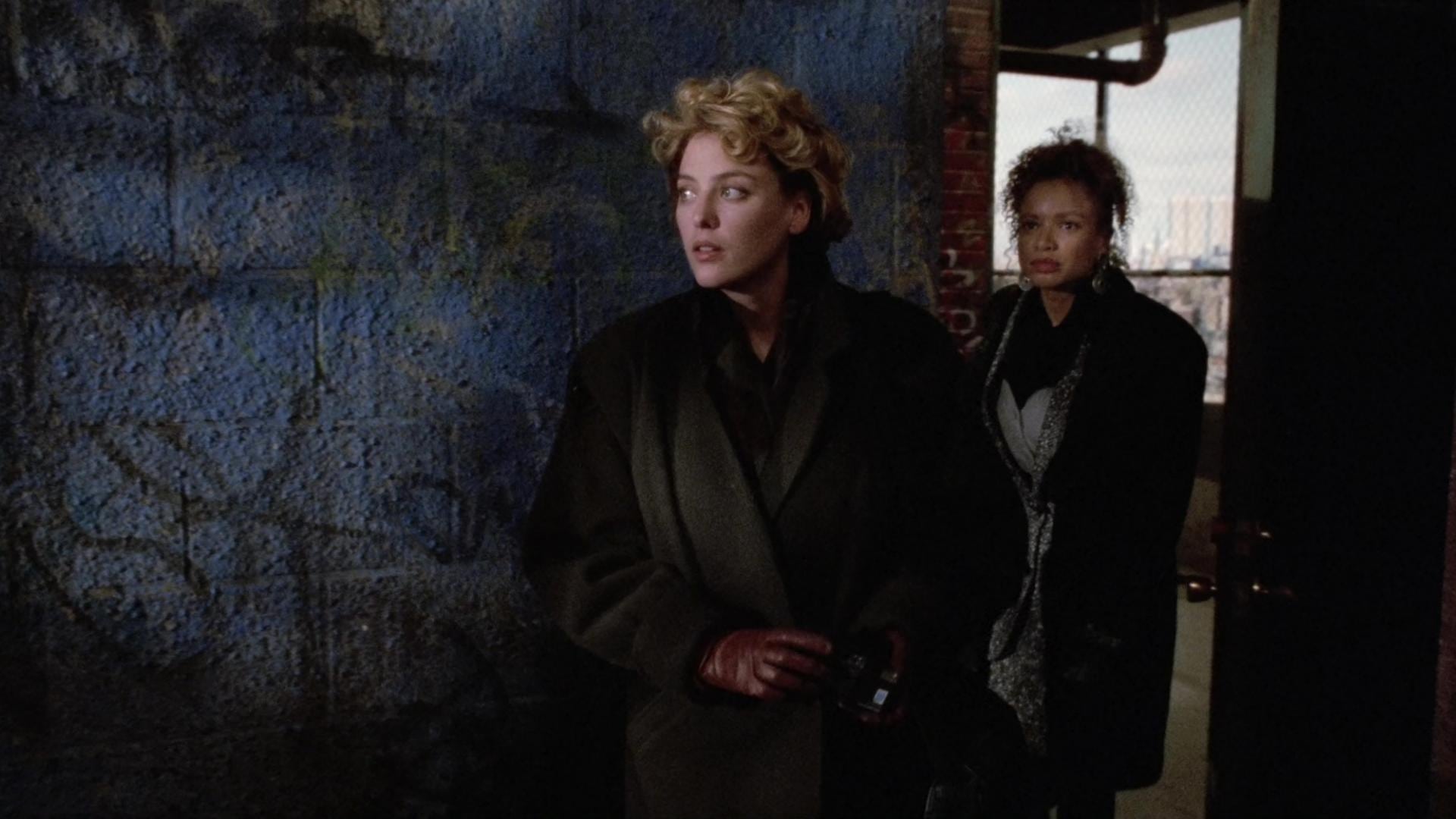

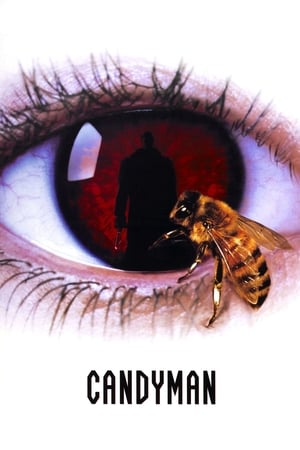


So. You’ve been quarantined. For many of us in the midst of the coronavirus outbreak, we find ourselves locked in our houses, with not much to do. We can’t report to our jobs, or our jobs are being done remotely, or our ability to work is vastly restricted. And with all of this free time we have on our hands now, this is the perfect time to catch up on all of those movies we’ve been continuously putting off for a “rainy day.” Well folks, it’s pouring outside, so let’s watch some movies!
These picks are all based on my own subjective opinion, but I’ve compiled a list of different films of different genres across Netflix, Amazon Prime, HBO Go, and Hulu that I think everyone should watch. If you’ve already seen them, watch them again! These are the movies that, in my opinion, can’t steer you wrong.
1 | Alien (1979) | Amazon Prime
Directed by: Ridley Scott
The history of Hollywood is as ugly as it is beautiful. You can go back and look at decades of iconic films that have graced the silver screen, from Gone with the Wind (1939) to Citizen Kane (1941) to North by Northwest (1959). Most notably absent from Hollywood history, however, are Black-produced films. When movies did feature Black characters, they were always written by White writers and directed by White directors. The stories were never centered around Black people focusing on what it means to be Black.
Developed by Simon Frederick, They’ve Gotta Have Us (2018) is a limited series on Netflix that explores the rise of Black cinema in Hollywood. From The Birth of a Nation (1915) to Black Panther (2018), and everything in between, They’ve Gotta Have Us offers a comprehensive and compelling look at Black representation in film and the surge of Black-produced cinema.
I’ve mentioned before that some of my favorite classes I took in college were film history courses. I love contextualizing movies and seeing how every film influenced the next. However, I learned virtually nothing about the parallel history of Black cinema in Hollywood. They’ve Gotta Have Us proves to be incredibly enlightening, exploring so many facets of Hollywood history that were previously unknown to me.
The series features interviews with prominent Black filmmakers such as Barry Jenkins (Moonlight, If Beale Street Could Talk), Laurence Fishburne (School Daze, The Matrix), David Oyelowow (Selma, A United Kingdom), Kasi Lemmons (The Silence of the Lambs, Candyman), John Boyega (Attack the Block, Star Wars: The Force Awakens), Gina Prince-Bythewood (The Secret Life of Bees, Beyond the Lights), Carmen Ejogo (Selma, It Comes at Night), and Robert Townsend (Hollywood Shuffle, The Five Heartbeats).
Going into the series, I would have assumed that Black voices had been suppressed in the industry for decades even if I didn’t necessarily know all of the details beforehand; I had no idea the extent to which this happened. The beginning of the series looks at the early years of Hollywood. The Birth of a Nation (1915) defined the motion picture and shaped everything about what movies are and how they are made. Director D.W. Griffith did not believe Black actors were capable of giving the performances he wanted, so he cast White actors in blackface to play horrific caricatures.
In 1992, the original Candyman was released and subsequently became one of the most important Black horror films of all time. The story followed white graduate student Helen Lyle on her study into Cabrini-Green’s urban legend of Candyman. Candyman was the son of a slave who fell in love with a white woman. When she got pregnant, the woman’s father had Candyman lynched. The mob cut off his hand and replaced it with a hook, smeared his body in honeycomb so the bees stung him to death, and finally burned his body on his pyre. Helen discovered Candyman was real, and he wanted her to be his next victim. After framing her for various murders and kidnapping an infant, Candyman was destroyed by Helen (who turned out to be his reincarnated white lover), and thus was the end of the spirit.
Or so it seemed.
Candyman (2021) is a direct sequel to the first film and follows Anthony (Yahya Abdul-Mateen II) -- the infant Candyman kidnapped in the first film -- as an adult. He is now a struggling artist who just moved to the now gentrified Cabrini-Green with his partner, Brianna. The story follows him as he finds creative inspiration in the myth of Candyman. However, his art causes Candyman to appear again and murder anyone who says his name five times into a mirror. Anthony begins to descend into madness as he sees Candyman in his own reflection and begins to undergo a physical transformation into the spirit.
The directing of this film is spectacular. From the moment the movie begins, the atmosphere is unsettling, aided by a chilling score and slow, upside-down shots of the high-rises in the gentrified Cabrini-Green. There is no doubt that Nia DaCosta is going places. She is a brilliant mind, discussing at great length what this film means to her and why she chose to represent Black history and trauma the way she did. She is not allowing herself to be constrained to telling stories about Black pain either -- she is set to direct the Marvel blockbuster The Marvels, an amazing opportunity for an up-and-coming female director of color. The movie will also feature female superheroes of color, one of which will be played by Teyonah Paris.
Horror Noire: A History of Black Horror moves chronologically through Black representation in horror films, as told and viewed by Black filmmakers and actors in this genre. I think it is important that the perspective is given solely to Black actors and filmmakers and is not counterpointed or discussed with White people. This film is about the Black experience as it relates to Black horror films. This is important for two reasons — #1 It will give non-Black viewers some perspective on the Black experience in representation or lack thereof; #2 As mentioned by Rachel True (actor in The Craft), sometimes the racism is so normalized in America (even to people of color) that its presence is often ignored. We all need to acknowledge the history of representation so positive change occurs.
Because of laziness, I will be abbreviating Horror Noire: A History of Black Horror as HN:HBH.
First, horror movies are profitable. Beyond that, a common theme throughout the horror genre, as articulated in many interviews in HN:HBH, is that Black history is Black horror. This message is weaved through the film and through the genre. The phases of Black representation in horror relate directly to the political and social climate of the time. As you will see in the timeline below, the first film mentioned, Birth of a Nation, is not a typical horror film. To Black viewers, however, it definitely reads as horror. The heroes in this film are the KKK! Birth of a Nation was screened at the White House and ENDORSED BY THE PRESIDENT! That doesn’t seem as shocking today as it might have seemed ten years ago, but still unacceptable. What message must have that sent to Black Americans? The only representation of Black people in films was meant to incite fear and demonize Black people.

The Candyman, a murderous soul with a hook for a hand, is accidentally summoned to reality by a skeptic grad student researching the monster's myth.

Bernard Rose
Director

Bernard Rose
Director
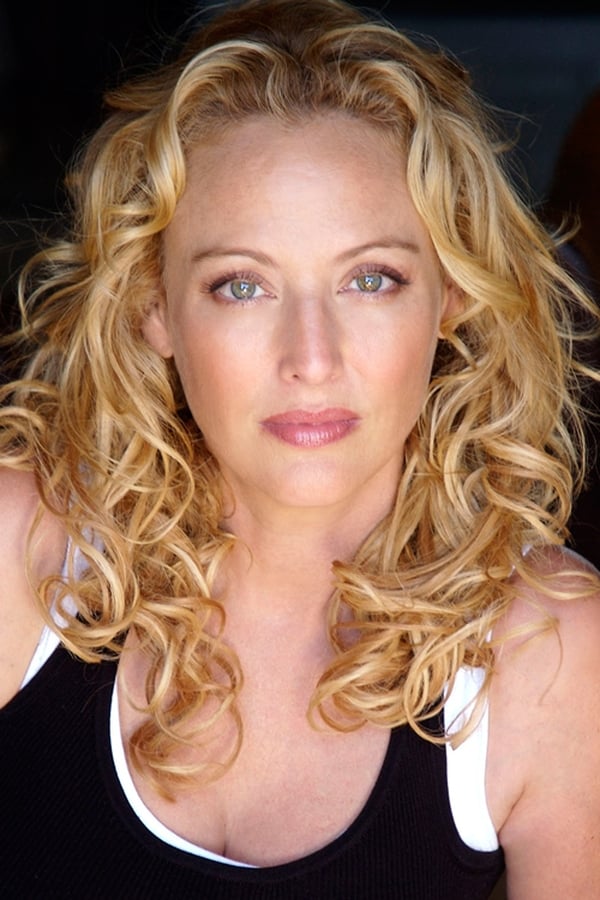
Virginia Madsen
Helen Lyle

Tony Todd
Candyman / Daniel Robitaille
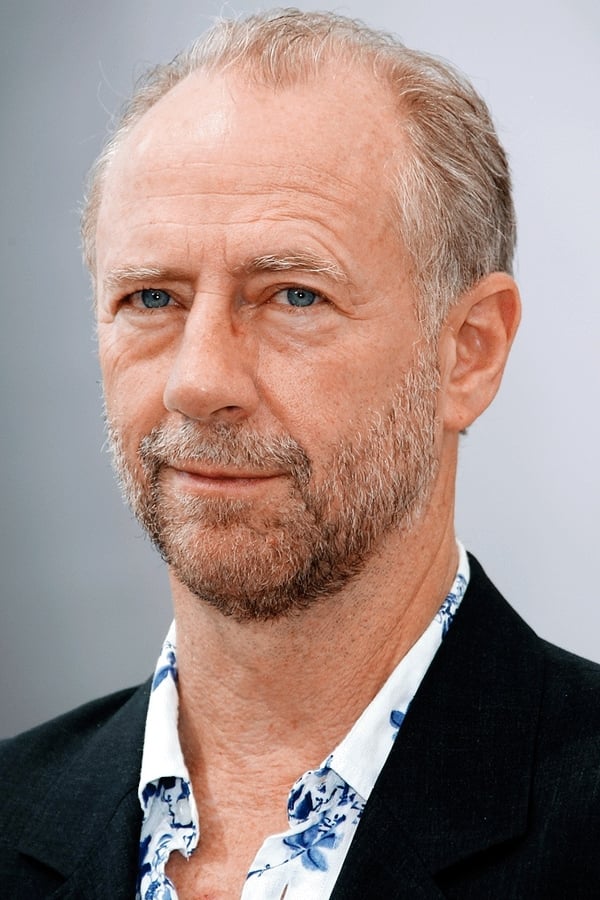
Xander Berkeley
Trevor Lyle
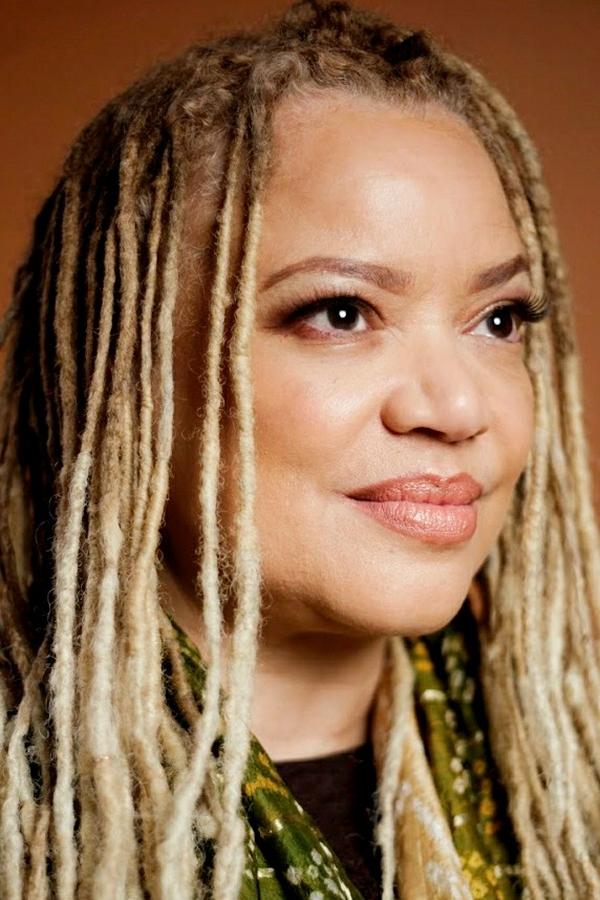
Kasi Lemmons
Bernadette 'Bernie' Walsh
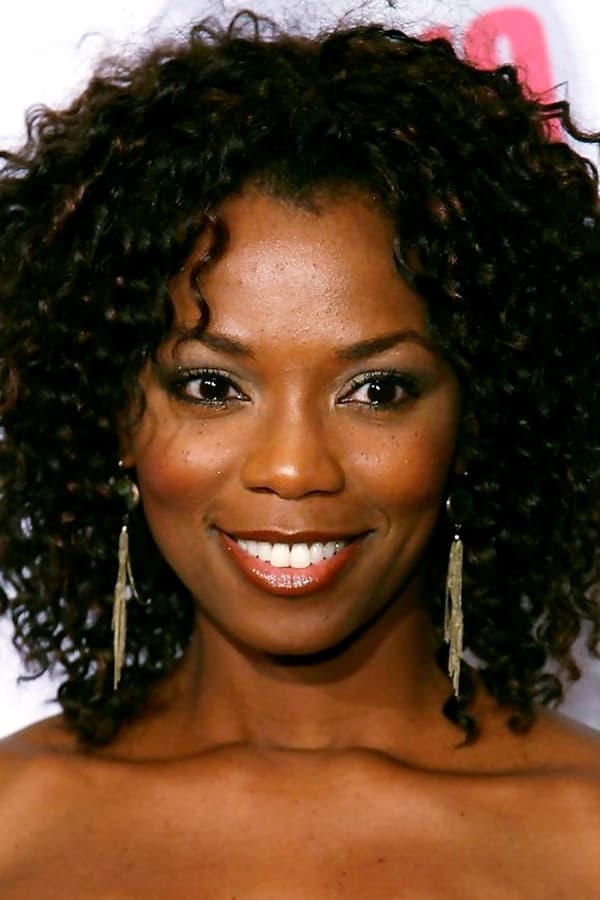
Vanessa Williams
Anne-Marie McCoy
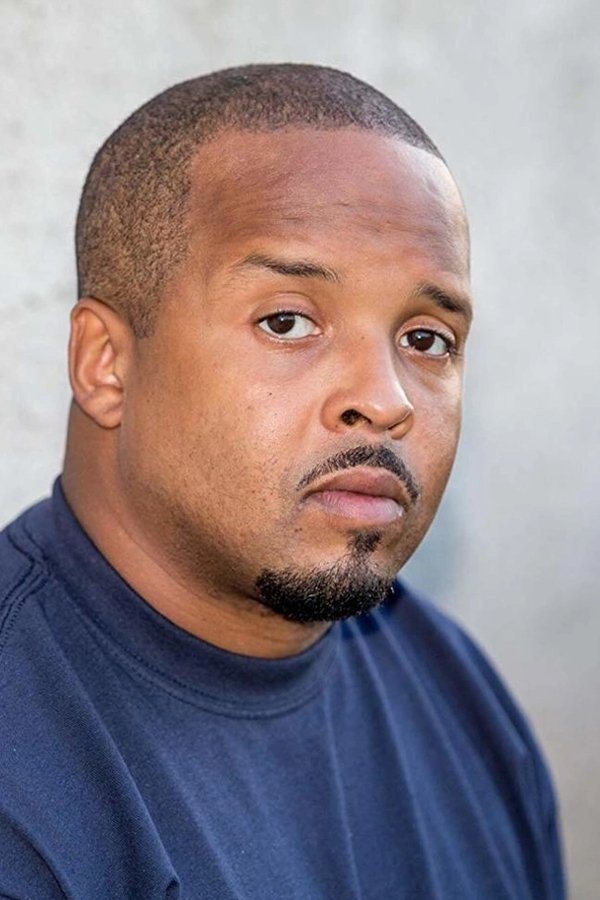
DeJuan Guy
Jake

Marianna Elliott
Clara
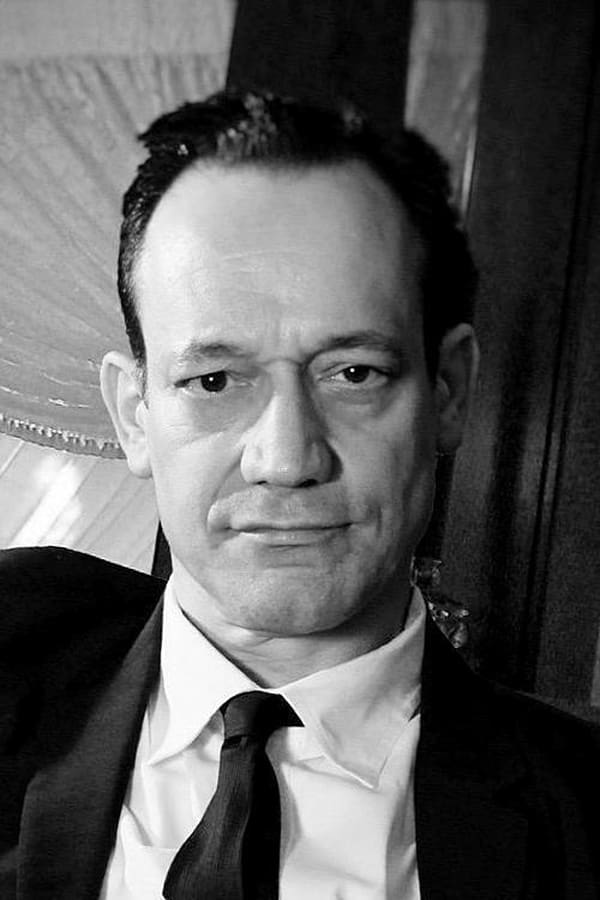
Ted Raimi
Billy
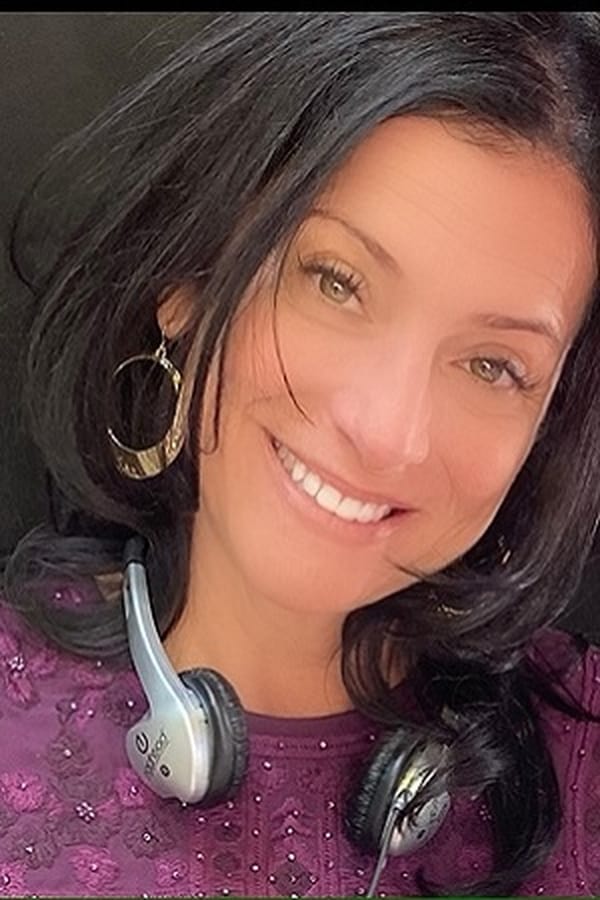
Ria Pavia
Monica

Mark Daniels
Student

Lisa Ann Poggi
Diane
Four documentaries, now streaming on the Criterion Channel, embody the adopted slogan of the current protest movement: Woman, Life, Freedom
The Loud House movie follows Lincoln Loud and his 10 sisters taking a family vacation to see their ancestors in Scotland.
Explore the tension between director intention and viewer interpretation in this review of the excellent sci-fi horror of 'No One Will Save You.'



